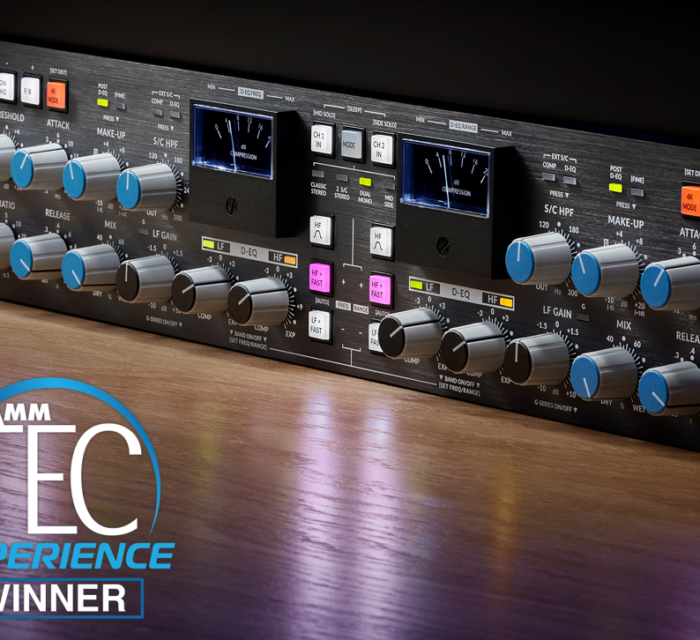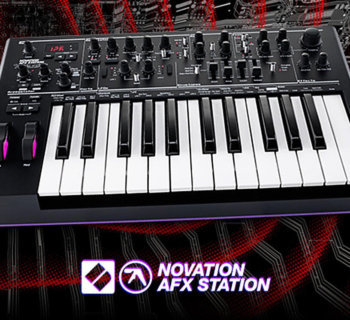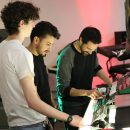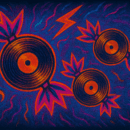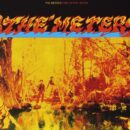Troy Van Leeuwen is best known as the lead guitarist in the internationally successful Queens of the Stone Age (QOTSA). When he is not recording or touring with QOTSA, Van Leeuwen has been involved with several other bands and projects, including The Damned, Jane's Addiction, independent film scoring and his latest project, Gone is Gone, among others.
Whether he is recording in the studio or on tour packed with live performance dates, his pedalboard consists of only the most tried and true effects. "I have a good 30-plus years of playing gigs under my belt, and I know what I like and I know what I can use," he says. "The rig I used for The Damned was different than what I used for Jane’s Addiction, and the Jane’s Addiction rig was way different than what I use for Queens of the Stone Age." Recently, he began using SOMA Laboratory's COSMOS pedal, an 'anti-pedal' capable of some very untraditional - but creative - outcomes. "Having something like COSMOS is cool because it is going to generate something new creatively."
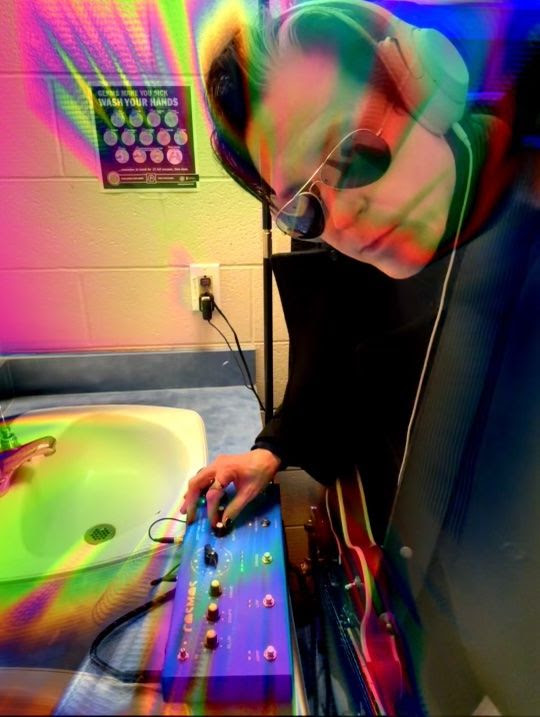
A certain mystique and curious nature
Recently Van Leeuwen has been trying his hand at scoring a forthcoming independent film. "I had just acquired COSMOS and was able to use it towards the end of the project," he says. "It is really like an ambient machine, and I feel like I am just scratching the surface of it." He appreciates its sonic mystique and curious nature of the sounds COSMOS generates: "I love the temporal nature of it, how you never know what you are going to get out of it. Every time I plug it in, I get something new. I’m really loving it."
Most recently, Van Leeuwen just finished tracking the latest Gone is Gone record, a 'supergroup' project that features Troy Sanders from Mastodon, Tony Hajjar of At The Drive-In and Sparta and Tony Kanal from No Doubt. He says he used COSMOS on the new album - their fourth - just before embarking on tour.
"It is a fantastic exploratory tool, and of course it is a diamond for ambient music," he explains, saying that he keeps COSMOS at the end of the signal chain on his pedalboard. "When I am performing live, I am not just using it as a looper - though I know it is capable of that. Instead, I sort of use it as a ‘catch and release’ device. I will capture this note and that note, and then the more it regenerates gives it this really great lo-fi quality, similar to every ambient record I’ve ever loved from the ‘80s," he says, referencing This Mortal Coil's Filigree and Shadow, and David Silvain's post-Japan recordings.
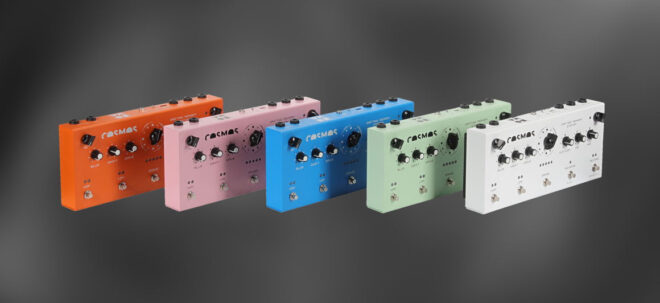
To learn more about COSMOS, visit https://somasynths.com/cosmos





